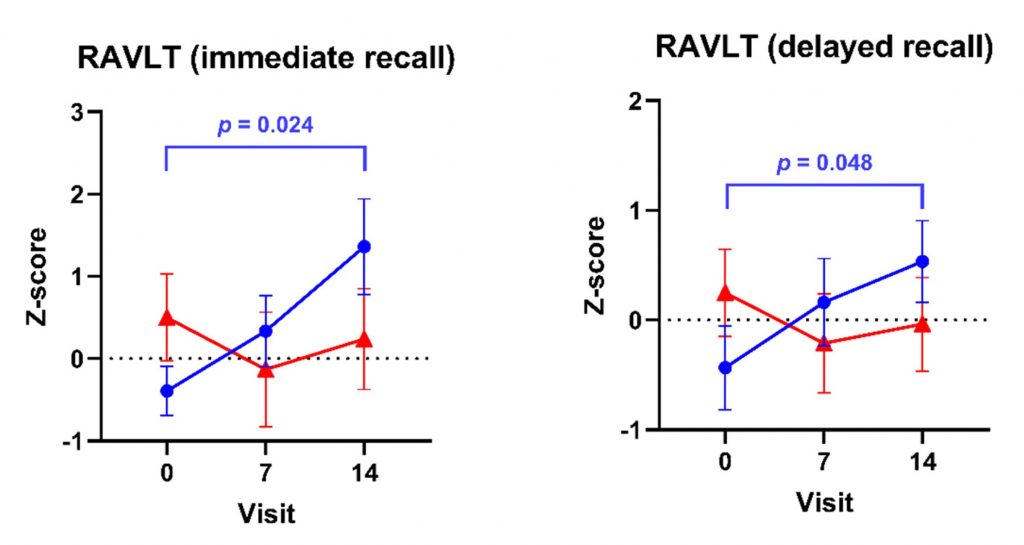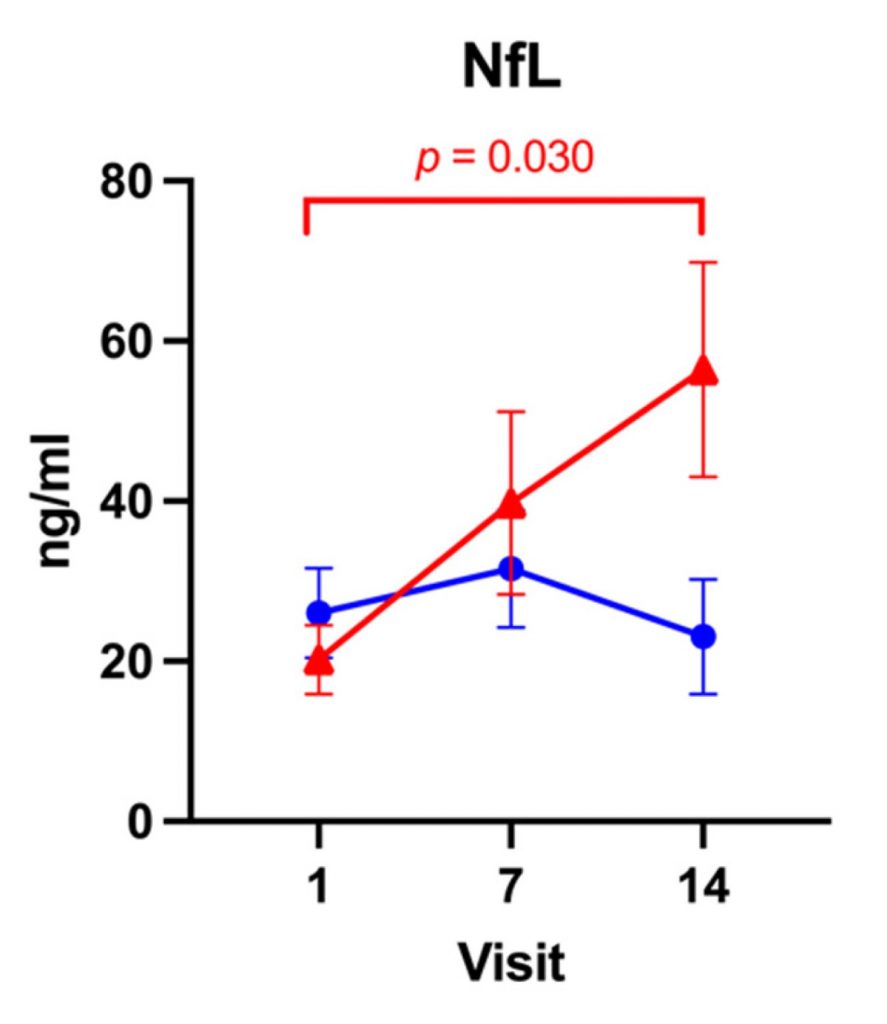Key Points:
- Ergothioneine supplementation prevents verbal memory impairments in elderly individuals with mild cognitive impairment.
- Supplementation with ergothioneine does not improve other cognitive parameters, such as problem-solving skills.
- Ergothioneine maintains the structural integrity of neurons, which may explain how it prevents memory loss.
The quantity of people living with dementia globally is over 55 million, a number larger than the population of South Korea. An early sign of dementia is mild cognitive impairment (MCI), a condition characterized by impaired memory and thinking. Thus, preventing or reversing MCI can potentially prevent the occurrence of dementia.
As published in IOS Press, Yau and colleagues from the National University of Singapore tested whether ergothioneine can mitigate MCI. While they found ergothioneine supplementation enhanced verbal memory, other cognitive ability parameters were not improved. However, this does not negate ergothioneine as a potential preventative measure against MCI.
Ergothioneine Prevents Impairments in Verbal Memory
To determine the effects of ergothioneine on MCI, Yau and colleagues chose participants diagnosed with MCI. However, because the study was conducted during the COVID-19 pandemic, only 19 MCI patients were enrolled. The participants (average age: 70 years) took either 25 mg of ergothioneine or a placebo three times a week for one year.
To assess cognition, the researchers tested the participants’ mental faculties, including verbal memory, visual-motor coordination, and problem-solving skills. The results showed that ergothioneine supplementation prevented impairments in verbal memory but had no significant effect on the other parameters. These findings demonstrate that ergothioneine can prevent certain aspects of cognition in people with MCI.

Ergothioneine Prevents Structural Damage to Neurons
Neurofilaments are proteins that provide structure and stability to neurons. However, these proteins can degrade and parts of them can make it into the bloodstream, including a subunit called neurofilament light chain (Nfl). High levels of Nlf in the bloodstream are associated with neurodegenerative diseases (e.g., Alzheimer’s) and traumatic brain injury. Thus, blood Nfl levels are used to assess neuronal damage.
The researchers found that blood Nfl significantly increased in the participants who took the placebo but not in the participants who took ergothioneine. These findings show that ergothioneine may prevent neuronal damage, which could keep neuronal synapses aligned and intact. In turn, since neurons need to be structurally stable for memory formation, this could contribute to improved verbal memory recall.

“Here we report an interventional pilot study that explores ergothioneine’s neuroprotective potential in participants demonstrating early indications of cognitive impairment. Our findings confirm the strong safety profile of ergothioneine, with no observable adverse reactions or changes in clinical parameters over a year-long administration period in elderly individuals,” said the authors.
Can Ergothioneine Prolong Lifespan?
Previous studies have shown that supplementation with ergothioneine decreases neurodegeneration and improves memory in mouse models of Alzheimer’s. The current study helps to confirm this in humans with MCI. Considering that ergothioneine has been shown to prolong the lifespan of mice by 21%, can it prolong the lifespan of humans? One study showing that high plasma ergothioneine levels are associated with lower mortality rates would suggest this is the case.
Moreover, because Alzheimer’s dementia is one of the leading causes of early death, it is possible that ergothioneine could prolong lifespan by preventing dementia and MCI. However, it is unlikely that a clinical trial testing the effect of ergothioneine on human lifespan will be conducted due to the enormous costs of such a study. One thing to keep in mind before trying an ergothioneine supplement is that getting good quality sleep, eating healthy and staying lean, consistently exercising, and maintaining quality social connections can also prevent MCI and dementia.